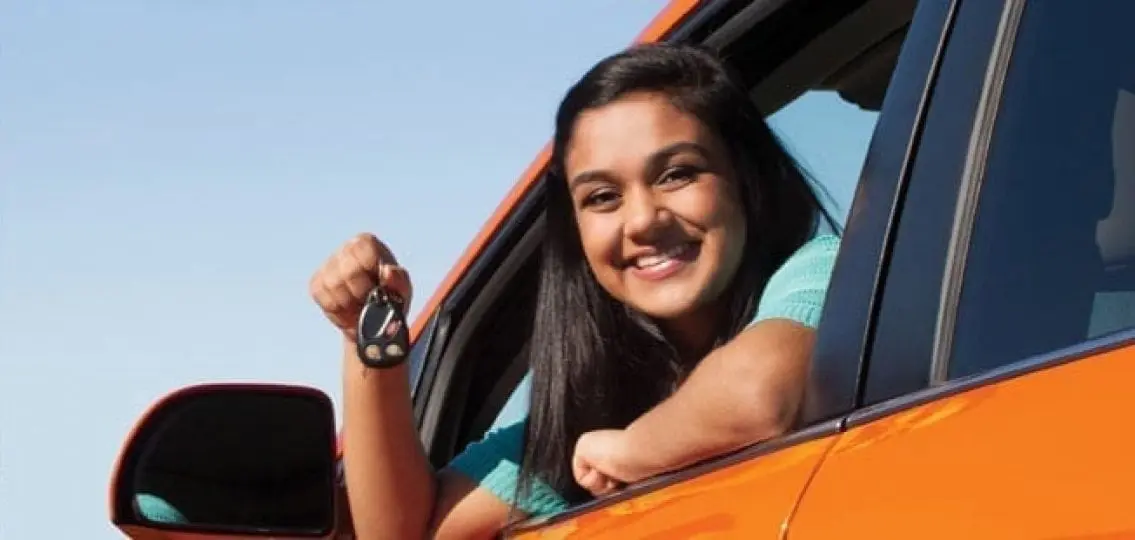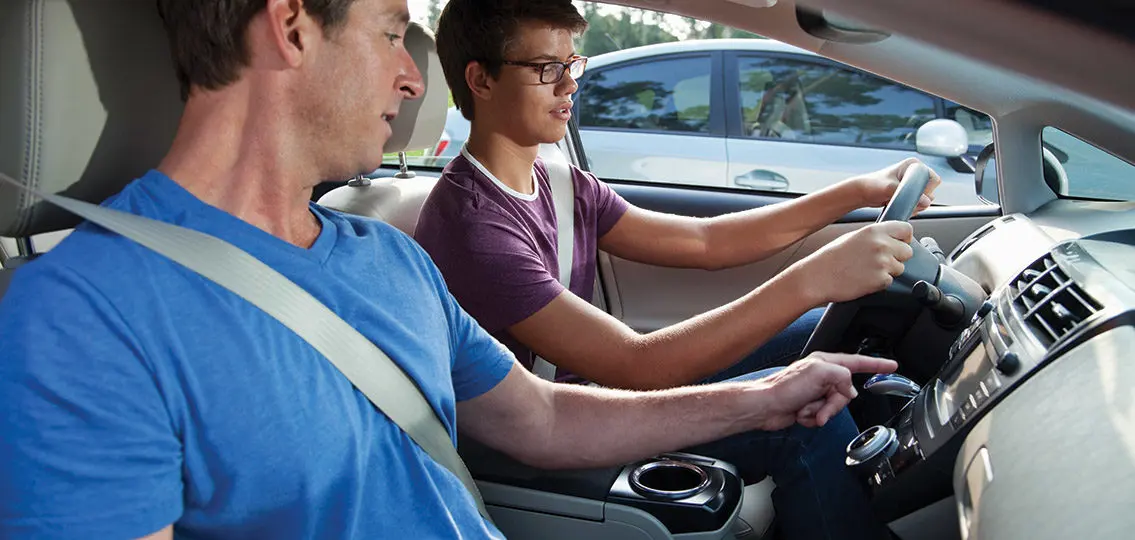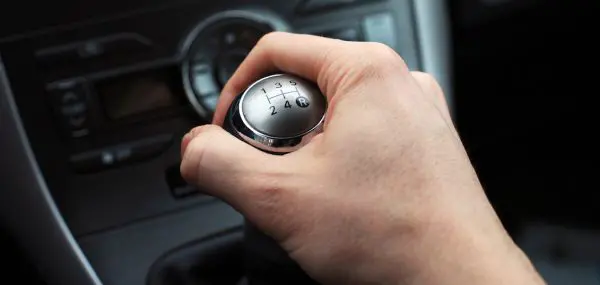Teens can miss vital safety training when they delay getting their license until they are 18. As more teenagers wait to get their driver’s licenses, they also may be skipping safety education that’s proven to keep them safe, according to a new study.

Graduated Driver Licensing Program
Every state has its own version of a graduated driver licensing program. It usually applies to those under the age of 18. Generally, the regulations require young drivers to drive supervised or with restrictions (such as not driving at night) before earning a full license. But once they turn 18, they can typically skip the graduated process and simply take the driving test to earn their license.
The study, published in the Journal of Adolescent Health, points to research that graduated licenses are associated with safety benefits. For example, one benefit is a 20% reduction in fatal crashes among 16-year-old drivers. But, it notes, the percentage of high school seniors with a license has dropped from 81% in 2006 to 72% in 2015. Nearly 70% of teens delay getting a license by at least one year.
As more teens delay driving and skip graduated licensing, “there is the potential for some groups to not reap the benefits of driver safety,” says Dr. Federico E. Vaca, director of the Yale Developmental Neurocognitive Driving Simulation Research Center and lead author of the study.
How to Improve the Safety of a License at 18
One solution to ensure more novice drivers get important safety training is to extend graduated license requirements beyond age 18, researchers say. States that have done so include Indiana, Maryland, and New Jersey.
At the same time, parents play a big role in getting teens to be safe behind the wheel. Graduated licensing often requires supervised driving and a significant parent time commitment. The study looked at data that followed 10th graders into adulthood. It found that teens who believed that their mothers, in particular, had a high level of knowledge about their lives and behavior were more likely to get their license without delay.

“It’s really important for the parent to be engaged from the very beginning of getting their kid to think about what it means to drive,” Vaca says. “Not just the independence and getting out with friends, but really the responsibility.”




